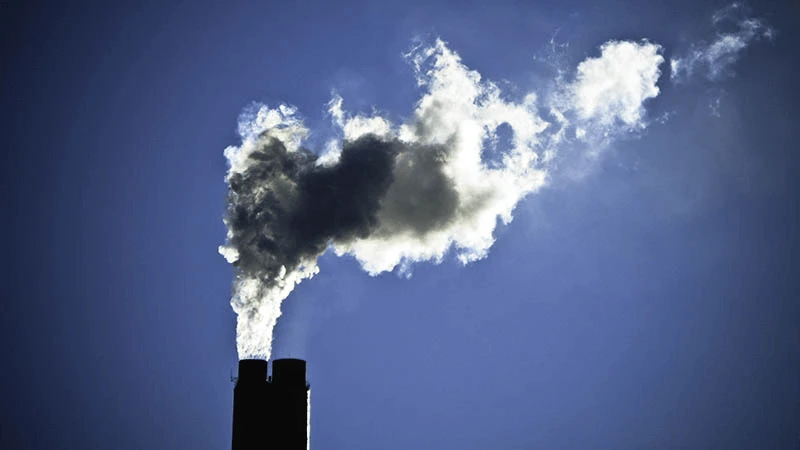Here’s how to capture carbon dioxide in the atmosphere — and why it’s so important
Here’s how to capture carbon dioxide in the atmosphere — and why it’s so important


Carbon sequestration is the process of capturing atmospheric carbon dioxide — the most commonly produced greenhouse gas — and storing it in the Earth. Most of the carbon dioxide in the atmosphere is formed by the combustion of fossil fuels, primarily coal and petroleum.
There are three types of carbon sequestration: biological, geological and technological. Biological carbon sequestration is the storage of carbon dioxide in vegetation found in the oceans, soils, forests and grasslands. Geological carbon sequestration is the process of storing carbon in underground geologic formations, like rocks. Technological carbon sequestration is a range of methods scientists are exploring to remove and sequester carbon using new technological innovations, as well as the investigation of innovative ways to use the carbon as a resource.
…
In less than 200 years, human activities have increased the carbon dioxide levels in the atmosphere by 50 percent. Around 45 percent of the carbon dioxide emitted by humans is still in the atmosphere, but carbon sequestration can prevent further emissions from contributing to global heating. Carbon sequestration reduces carbon dioxide levels in the atmosphere, which slows planetary warming and its negative effects on the climate.
This is an excerpt. Read the original post here

 | Videos | More... |

Video: Nuclear energy will destroy us? Global warming is an existential threat? Chemicals are massacring bees? Donate to the Green Industrial Complex!
 | Bees & Pollinators | More... |

GLP podcast: Science journalism is a mess. Here’s how to fix it

Mosquito massacre: Can we safely tackle malaria with a CRISPR gene drive?

Are we facing an ‘Insect Apocalypse’ caused by ‘intensive, industrial’ farming and agricultural chemicals? The media say yes; Science says ‘no’
 | Infographics | More... |

Infographic: Global regulatory and health research agencies on whether glyphosate causes cancer
 | GMO FAQs | More... |

Why is there controversy over GMO foods but not GMO drugs?

How are GMOs labeled around the world?

How does genetic engineering differ from conventional breeding?
 | GLP Profiles | More... |

Alex Jones: Right-wing conspiracy theorist stokes fear of GMOs, pesticides to sell ‘health supplements’




 Viewpoint — Fact checking MAHA mythmakers: How wellness influencers and RFK, Jr. undermine American science and health
Viewpoint — Fact checking MAHA mythmakers: How wellness influencers and RFK, Jr. undermine American science and health Viewpoint: Video — Big Solar is gobbling up productive agricultural land and hurting farmers yet providing little energy or sustainabilty gains
Viewpoint: Video — Big Solar is gobbling up productive agricultural land and hurting farmers yet providing little energy or sustainabilty gains Fighting deforestation with CO2: Biotechnology breakthrough creates sustainable palm oil alternative for cosmetics
Fighting deforestation with CO2: Biotechnology breakthrough creates sustainable palm oil alternative for cosmetics Trust issues: What happens when therapists use ChatGPT?
Trust issues: What happens when therapists use ChatGPT? California, Washington, Oregon forge immunization alliance to safeguard vaccine access against federal undermining
California, Washington, Oregon forge immunization alliance to safeguard vaccine access against federal undermining 30-year-old tomato line shows genetic resistance to devastating virus
30-year-old tomato line shows genetic resistance to devastating virus The free-range chicken dilemma: Better for birds, but with substantial costs
The free-range chicken dilemma: Better for birds, but with substantial costs ‘You have to treat the brain first’: Rethinking chronic pain with Sanjay Gupta
‘You have to treat the brain first’: Rethinking chronic pain with Sanjay Gupta
